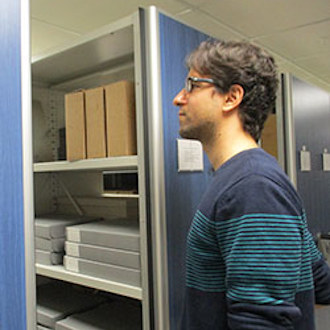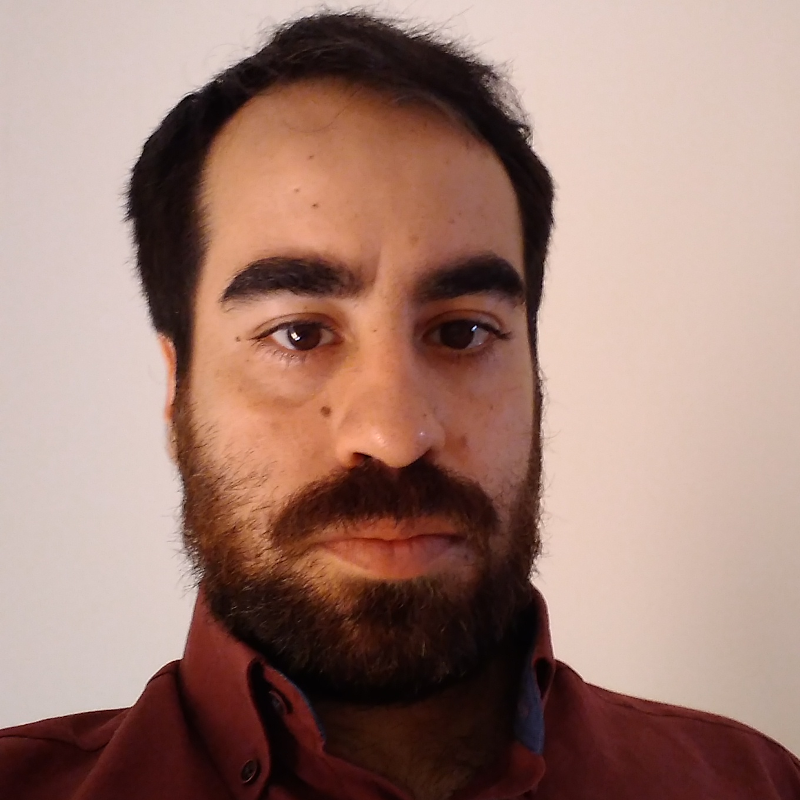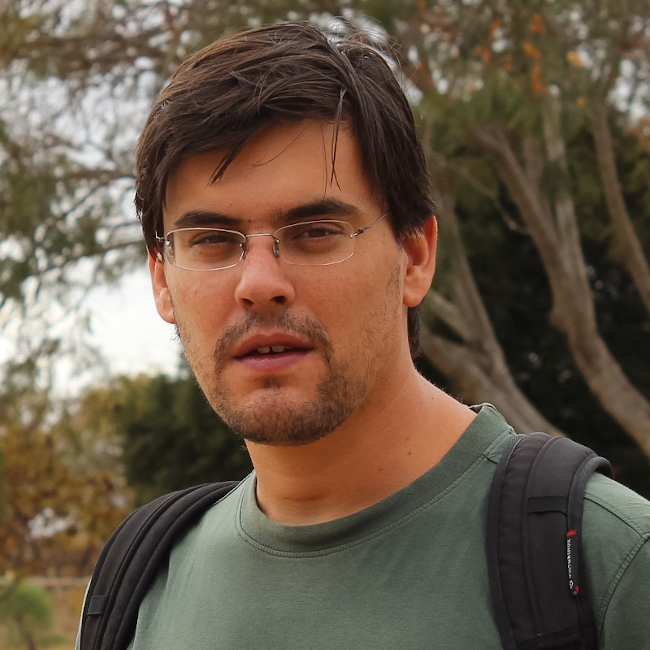
Socrates Petmezas
Professor of Economic and Social Modern HistoryDepartment of History and Archaeology, University of Crete

Juan Carmona Zabala
Principal Investigator - Postdoctoral ResearcherI am a social and business historian who, while specializing in modern Greece, always approaches his object of study from a transnational perspective. My doctoral dissertation, as well as my publications to this date, have analyzed processes of economic globalization, and established comparisons between different national cases. I am particularly interested in the history of the interactions between Germany and southeastern Europe in the modern period, as regards cultural exchanges and economic flows. In my current project, I am leading a team of four researchers engaged in a transnational study of Greece’s most important export commodity during much of the nineteenth and twentieth centuries. To that end, we are applying Global Value Chain and Global Production Network theory, as well as the more common quantitative methods of economic historical research. My research has attracted the financial support of multiple organizations such as the Fulbright Commission, the American School of Classical Studies at Athens, the German Academic Exchange Service, the Onassis Foundation, the Austrian Exchange Service and the Hellenic Foundation for Research & Innovation. I have published articles in journals such as the Journal of Modern Greek Studies, Business History and Rural History: Economy, Society, Culture.

Tryfonas Lemontzoglou
Postdoctoral ResearcherDr. Tryfonas Lemontzoglou acts as Postdoctoral Researcher in Economic History at the Institute for Mediterranean Studies (IMS) – Foundation of Research & Technology-Hellas (FORTH). He is currently a Teaching Fellow in Quantitative Social Research Methods at Panteion University of Social and Political Sciences (Department of Social Anthropology). In the past, he has also served as a Postdoctoral Fellow in Quantitative Economic History at the National Technical University of Athens (NTUA). Tryfonas holds a PhD in Economics from the Tuscan Universities (Universities of Florence, Pisa and Siena), Italy, an MSc in Mathematical Modelling from NTUA, and a BSc in Finance and Accounting from the Athens University of Economics and Business (AUEB). His research focuses on Quantitative Methods with a special focus on Economic History, Social Demography, Gender and Economic Growth. Tryfonas has authored papers in peer reviewed Journals and conferences, has received a Doctoral Research Grant from the Tuscan Universities, and a Postdoctoral Research Grant from the State Scholarships Foundation (IKY).

Nikolaos Alexis
Doctoral ResearcherNikolaos Alexis is a PHD Candidate of History at the Department of History and Archaeology, at the University of Crete. He holds a BA (Hons) in History and Archaeology from the University of Crete (2012) and a BA (Hons) in Sociology from the University of Crete (2017), graduating at the top of his classes. He received his MA in Modern Greek and European History, from the Department of History and Archaeology, University of Crete, in 2019. His PHD thesis focuses on the technological unemployment and the question of mechanization (machinery question) in Greece during the 1900-1940 period. He was awarded a number of scholarships for his Master’s degree by the University of Crete and worked for Institute of Mediterranean Studies (IMS-FORTH), on the postdoctoral project “Moral Economy: Issues of morality in the public discourse about market and profit in Greece, late 19th century-first half of the 20th century”. He is currently working on the same project as a PHD Candidate.

Dimitrios Stergiopoulos
Doctoral ResearcherMy research interests are centered on the transformation of Southeastern Europe and the Middle East from the eighteenth to the twentieth centuries due to the incorporation of the region in the capitalist world economy of Western Europe. In my PhD, I am focusing on the economic and political role of the bankers and merchants in Athens and Istanbul from the end of the Crimean War until the war of 1897 between Greece and the Ottoman Empire. Specifically, I investigate how these strata navigated the turbulent conjuncture of the 1870s and they were able to consolidate their position as social and economic elites. For my research, I am mainly using primary sources from non-state historical actors, such as newspapers, pamphlets, ego-documents, biographies, memoirs and private correspondence in Greek, Ottoman Turkish, English and French.